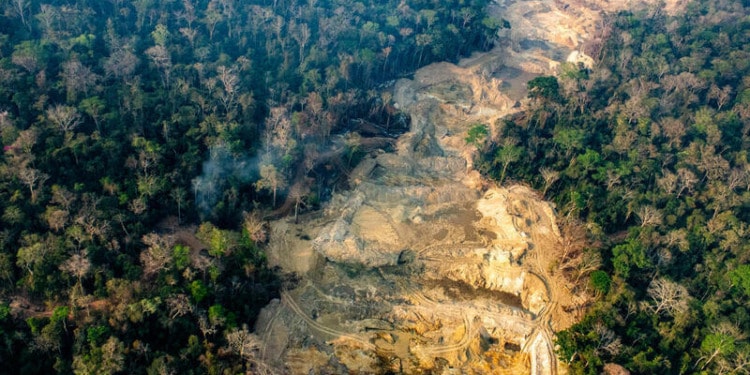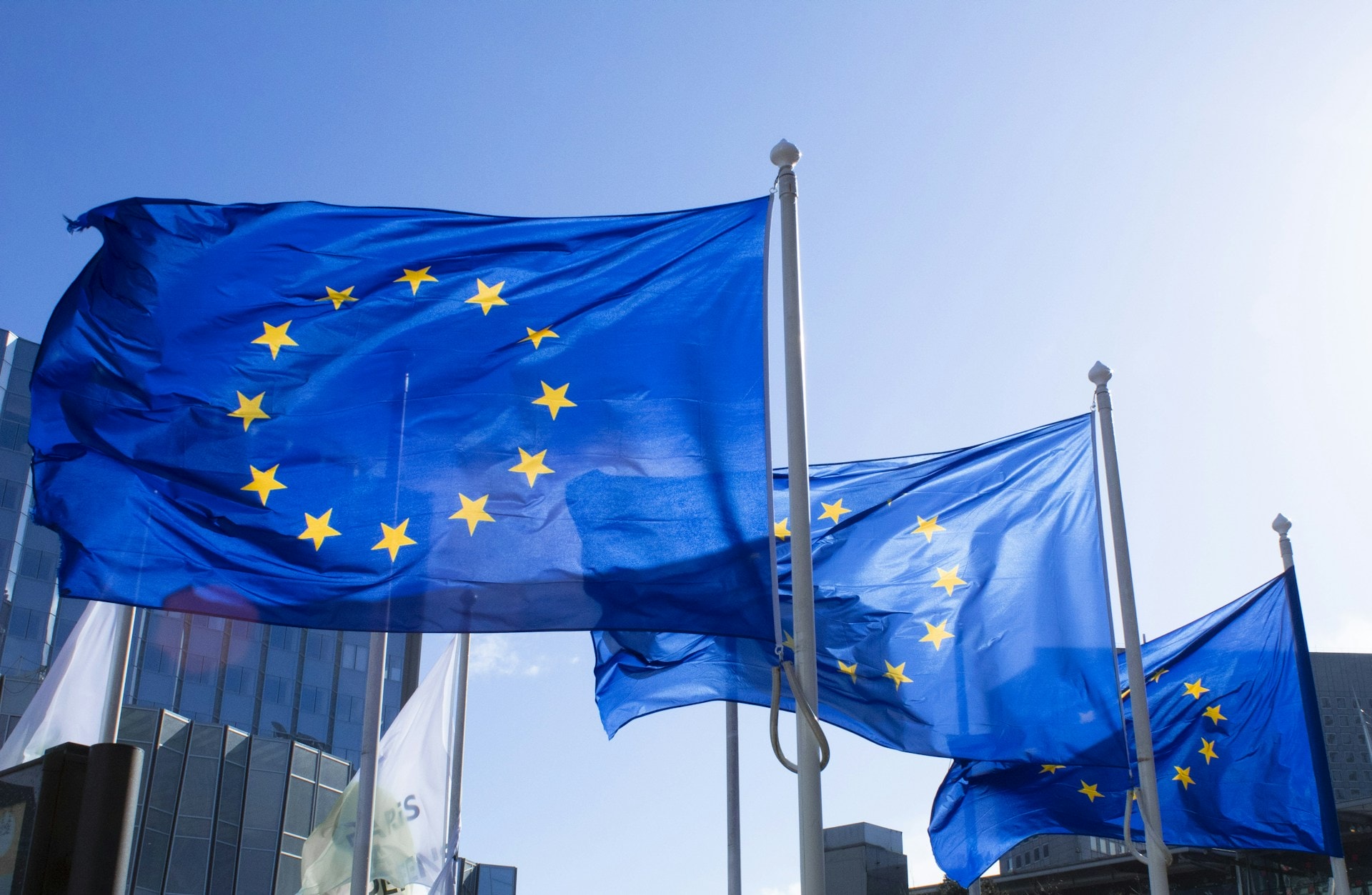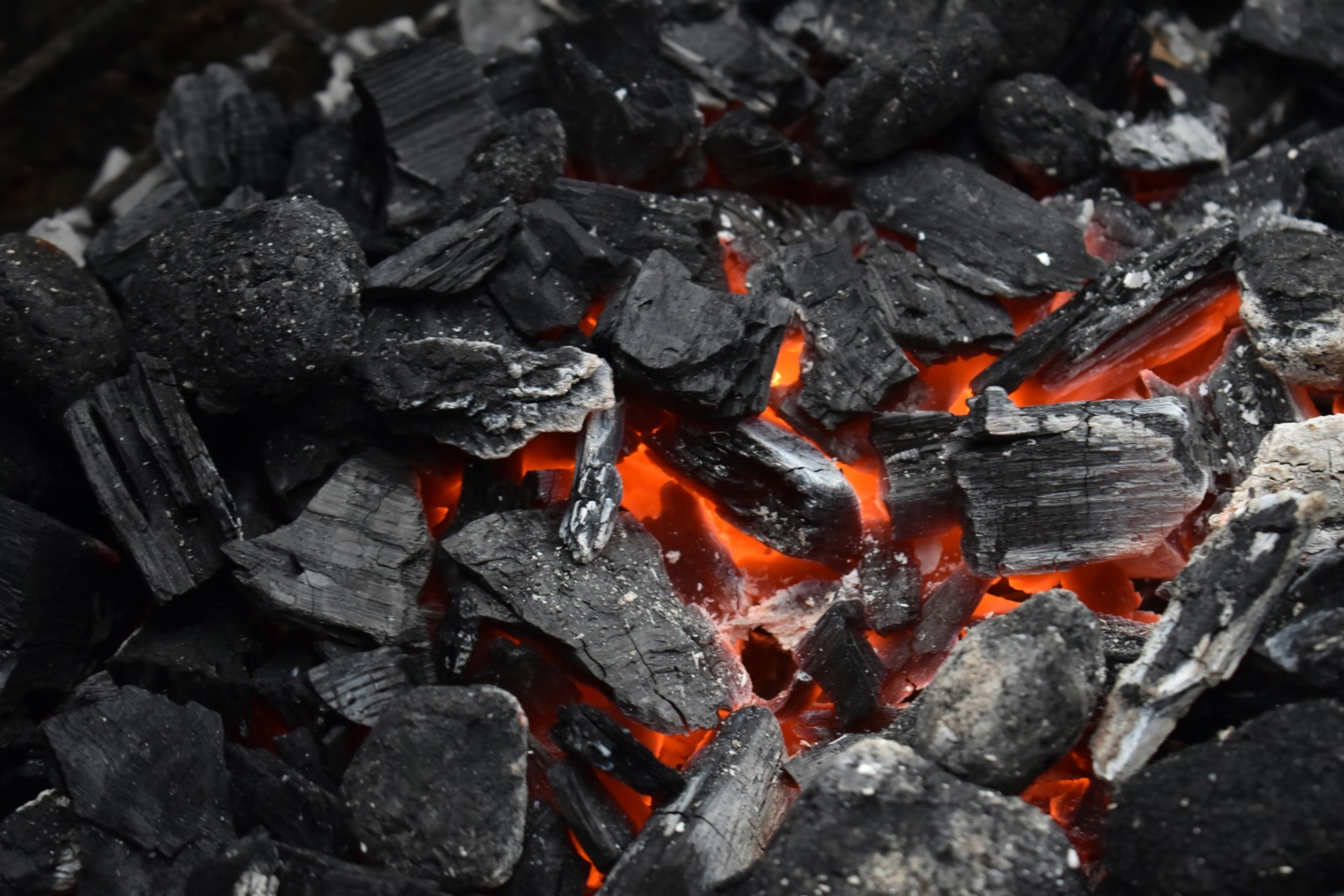European Union lawmakers announced last week that companies will have an additional year to adapt to a ban on selling products sourced from deforested lands.
The original ban, the EU Deforestation Regulation adopted by the European Parliament in April 2023, aimed to combat the deforestation caused by the EU’s consumption of products such as cattle, cocoa, coffee, palm oil, soya and wood. The EU stated at the time that “no country or commodity will be banned,” and that, instead, any product being sold in the territory would need confirmation that it did not come from deforested land.
Negotiators from the European Parliament and the European Council agreed to postpone the new rules until the end of 2025 — instead of the end of 2024 — for large firms and traders. Smaller enterprises will have until 30 June 2026 to comply. The additional window is meant to “help companies around the world implement the rules more smoothly from the beginning, without undermining the objectives of the law,” according to a press release from the European Parliament.
420 million hectares of forest were lost to deforestation between 1990 and 2020, as estimated by the UN Food and Agriculture Organization. Consumption coming from the EU’s population accounts for 10% of global deforestation, with palm oil and soya processing bearing over 66% of the issue.
Despite the pressing nature of the deforestation problem in the eyes of the EU, member states and non-EU countries and businesses had expressed concerns over being able to meet the December 2024 deadline. This, in turn, led to the hearing and eventual postponement.
The ban also includes an amendment that would introduce a “no risk” category of countries that would have watered-down versions of the due diligence requirements that other countries, businesses and products would face. The Commission hoped that requirements could be simplified for countries with sustainable forest management regulations to diminish negative effects on business.
As of now, the postponement remains just an informal agreement set to be voted on during the Parliament’s next full session in mid-December. With the agreement being supported by both the Parliament and the Council, it will likely be published in the EU Official Journal before the year’s end.
Related Articles: Turning the Corner on Deforestation? | 10 Major Companies Responsible for Deforestation | Amazon Deforestation Falls 66% in a Year: Is the Situation Finally Turning Around? | Just 7 Commodities Replaced an Area of Forest Twice the Size of Germany Between 2001 and 2015 | We Lost a Football Pitch of Primary Rainforest Every Six Seconds in 2019 | Can New EU Deforestation Law Help Curb Global Environmental Devastation?
In response to the news, Christine Schneider, the Parliament’s rapporteur, said: “We promised and we have delivered. This postponement means businesses, foresters, farmers and authorities will have an additional year to prepare.”
The Greens group in the EU parliament welcomed the decision by EU lawmakers as a “partial but significant victory.” They felt that a delay without significant amendments meant the original law would still be a victory in the fight against climate change.
Developing countries significantly impacted by deforestation, such as Brazil and Indonesia, have said that the law is protecting EU suppliers and could exclude the poorer, small-scale farmers from other countries.
Editor’s Note: The opinions expressed here by the authors are their own, not those of Impakter.com — In the Cover Photo: Illegal Mining in the Sararé Indigenous Land in the Amazon, August 2024. Photo Credit: © Fabio Bispo / Greenpeace.












